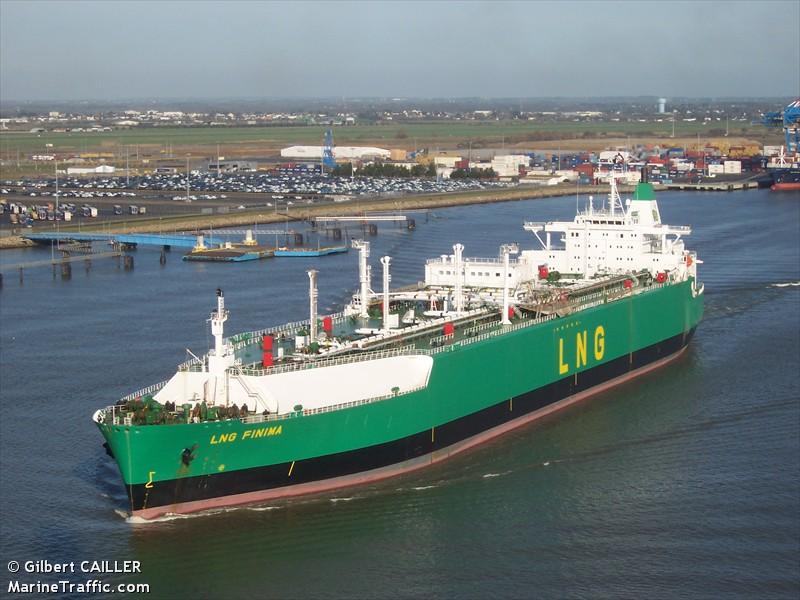- NLNG, NNPC on Collision over Pipeline Explosion
Nigeria LNG Limited and the Nigerian National Petroleum Corporation (NNPC) may be heading for a collision over the explosion that hit the NLNG pipelines in Emohua Local Government Area of Rivers State, which was allegedly caused by the activities of Integrated Data Services Limited, (IDSL), a subsidiary of the corporation.
NLNG had reported an explosion on one of its gas transmission systems, which houses two gas pipelines in Rivers State.
According to a statement by the company’s General Manager, External Relations Division, Dr. Kudo Eresia-Eke, the explosion struck about three kilometres from Rumuji in Rivers State.
The company, however, added that no casualties were reported, and that the incident was being investigated.
“An explosion occurred in the afternoon of Wednesday, 22nd February 2017 on a section of the Right of Way housing two gas transmission pipelines, one of which belongs to Nigeria LNG, about 3 kilometres from Rumuji in Rivers State,” the statement said.
Though the NLNG added that the underlying cause of the incident was still to be determined, it was, however, alleged that it was the operation of IDSL, which involves the use of dynamites and grenades around the area that caused the explosion.
According to the allegation, when the IDSL denoted the explosives used in its operation, the vibration caused the explosion that hit NLNG pipelines.
But in a swift reaction, IDSL had explained that it was not responsible for the pipeline explosion.
NNPC’s spokesman, Ndu Ughamadu admitted that IDSL used explosives around the area but added that the IDSL’s operation crew, which was engaged in acquiring seismic data for SPDC in Oil Mining Lease (OML), 17/22 ROBO 3D prospect, observed approved safe distance standards contained in the Department of Petroleum Resources’ (DPR) regulations and as such could not be the cause of the blast.
“Our activities involve the use of seismic explosives of size 2kg and detonators. The drilled and exploded depth is 45 metres. At this depth the effect on the surface cannot affect any structure. The suspected gas leakage on the gas pipeline between Eveku and Rumodogo 1 communities in Emohua Local Government Area of Rivers State of February 22, 2017 was not caused and cannot be caused by NNPC, IDSL Party 05 seismic operations. Our closest activity around the incident area yesterday was 798 metres away from the pipeline”, IDSL stated.
“As a responsible corporate body, IDSL’s crew on operation in Emohua Local Government Area observed, to the letter, DPR’s regulations governing such activities which include: maintaining a minimum distance of 25 metres from tarmac roads, 50 metres from houses, 100 metres from pipelines, and a minimum distance of 200 metres from well heads or oil wells. IDSL crew was 798 metres away from the exploded pipeline,” Ughamadu added.
However, an official of NLNG, who spoke on condition of anonymity said the preliminary results of the interim investigation showed that IDSL may be culpable.
“Investigation is still ongoing but from what we have gathered so far, everything points to the operation of IDSL. When you are using explosives, you can’t be 100 per cent accurate on minimum safe distance. The impact of explosives may extend far beyond scientific projection. That is why the military warns civilians to stay away from certain areas when they want to carry out training exercises because you can’t be too sure of safe distance,” he explained.
The company had promised to provide official updates on the incident.
The pipeline explosion will potentially affect the company’s supply of LNG to its customers in Europe and Asia but it has not yet declared any force majeure to that effect.
Nigeria LNG used to account for 10 per cent of global LNG supplies, but this figure has since dropped to seven per cent as a result of lack of sustained investment in LNG by Nigeria.

 Forex3 weeks ago
Forex3 weeks ago



 Naira2 weeks ago
Naira2 weeks ago
 Billionaire Watch2 weeks ago
Billionaire Watch2 weeks ago




 Naira2 weeks ago
Naira2 weeks ago




 Naira2 weeks ago
Naira2 weeks ago






 Naira4 weeks ago
Naira4 weeks ago


 Naira1 week ago
Naira1 week ago






 Naira4 weeks ago
Naira4 weeks ago






















